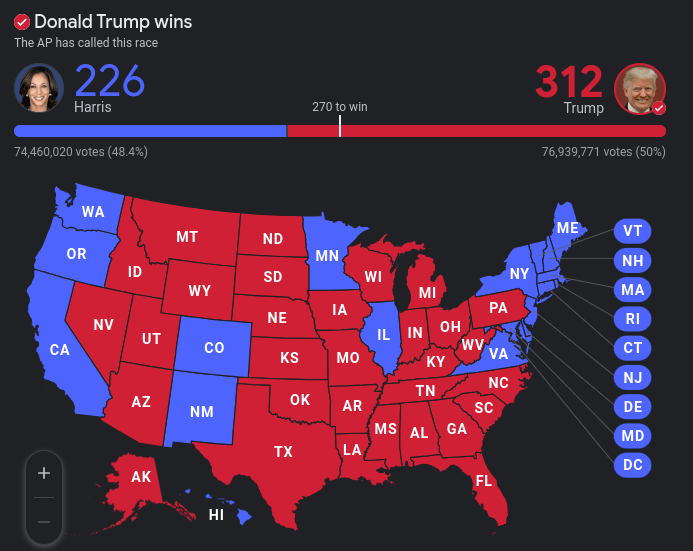Most of us feel good when Wilbur is spared from slaughter at the end of Charlotte’s Web. However, for most of us, the reality is that Wilbur ends up on our breakfast table for bacon and on our dinner table for pork chops. This is not the case for some Bingham students.
Junior Riley French decided to take a stand against animal abuse in the eighth grade by becoming a vegetarian.
After seeing Earthlings, a highly graphic documentary on the treatment of animals by meat companies, Riley decided he could not be ignorant any longer and had to do his part.
“I decided that I did not want to support an industry that did that to animals,” said Riley.
According to Riley, the animal industry uses methods such as burning the beaks off of chickens so they can’t peck each other to death in small enclosures and trapping newborn calves behind metal walls so the mother cows break their necks trying to reach them. These methods, and many more, are used so meat companies can get the output they need to meet their quota.
The Animal Legal Defense Fund is trying to convince Congress to pass the Animal Bill of Rights, stating the animal’s rights against exploitation, cruelty, neglect, and abuse. People can sign the petition at aldf.org.
“The biggest response I get is ‘I love meat too much to quit,’ but nobody knows the real price you pay.” Riley said.
While some vegetarians like Riley refuse to eat meat to oppose animal cruelty, others believe vegetarianism will create a healthier society.
The American Obesity Association (AOA) says that 30.4 percent of teenagers are overweight, with 15.5 percent struggling with obesity. AOA also claims that obesity is a “disease of epidemic proportions.”
While junk food is usually the main contributor to being overweight, others speculate that animal-produced food is a contributing factor as well.
Deirdre Imus, founder and president of the Deirdre Imus Environmental Center for Pediatric Oncology, wrote an article in 2010 titled “The Benefits of a Healthy Whole Vegetarian Diet,” claiming that while 30 percent of Americans were obese, only 6 percent of vegetarians struggled with obesity.
Dietician Gina Van Luven describes vegetarianism as an individual decision based on personal preference or psychological needs.
“Some people feel healthier when eating a diet containing animal protein and others feel healthier when minimizing or even eliminating animal protein,” she said.
Gina also stated that vegetarians should be cautious when omitting animal protein and eat a variety of fruit, vegetables, nuts, whole grains, beans, etc. that contain ample protein.
“Protein is an essential building block that that many vegetarians are missing,” said Gina.
While the vegetarians are lacking protein, Gina says most Americans consume an exorbitant amount of animal protein, which can be very detrimental to the human body.
As far as losing weight goes, most vegetarians do not notice any difference in their weight, while others actually gain from eating excessive amounts of bread to compensate for the lack of meat.
Gina refers to this as vegetarians falling into the trap of being ‘carbotarians.’
“It is critical vegetarians heed the ‘vege’ part of their title and eat a plant-based diet.” Gina said. Plant-based diets have been known around the world to be the healthiest for human kind, keeping in mind that many do eat a small amount of animal protein.
“Vegetarians, if true to their title, are often healthier than their animal- consuming counterparts and have less heart disease,” said Gina.


![Photo Credit; Miller, Kim. “City of Asheville prepares for a weekend of winter weather.” City of Asheville prepares for a weekend of winter weather [Ashville], 10 February 2023, https://www.ashevillenc.gov/news/city-of-asheville-prepares-for-a-weekend-of-winter-weather/. Accessed 06 January 2025.](https://binghamprospector.org/wp-content/uploads/2025/01/Screenshot-2025-01-14-7.54.38-AM.png)



Gina Van Luven • Jan 30, 2013 at 8:13 pm
Great job, Shaylee! Thank you for including me in your wonderful article. 🙂